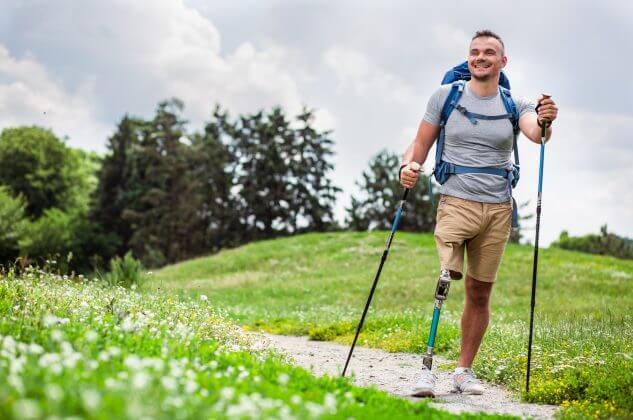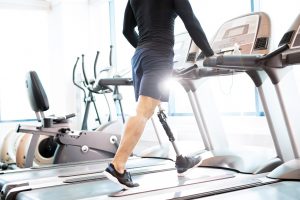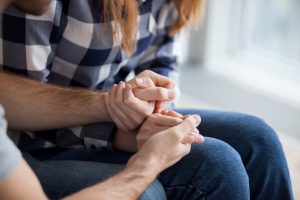
8 April 2021
A common misconception about bringing a claim for medical negligence or personal injury is that it is just about money.

There are various ways that we can do this and one such way is arranging rehabilitation. When you have suffered a serious injury, such as a brain injury, stroke, spinal injury or complex trauma including an injury resulting in a limb amputation, this will have life changing consequences, such as in respect of everyday activities, ability to work and ability to get around independently.
Whilst rehabilitation cannot necessarily completely reverse the damage caused and bring about a complete return to normal life, it can ensure that the fullest possible recovery is made and ensure the best possible quality of life and level of independence.

By way of example of this, we are currently assisting an individual who suffered an avoidable amputation of their leg above the knee and we are arranging for them to undergo intensive rehabilitation as part of the claim. For this individual, they are opting to undergo this rehabilitation as an inpatient at a rehabilitation unit called STEPS, which can provide:
-
- Physiotherapy
- Occupational therapy
- Hydrotherapy
- Acupuncture
- Psychological therapy
- Neurological therapy
- Prosthetic input

For further information about STEPS, please follow the link here.
Likewise, there are a number of other rehabilitation units across the country, who can similarly help.
If you have suffered avoidable injuries, whether due to medical negligence or personal injury, and would like to explore the potential for rehabilitation as part of a claim, please contact our experienced team on (01482) 323697.


